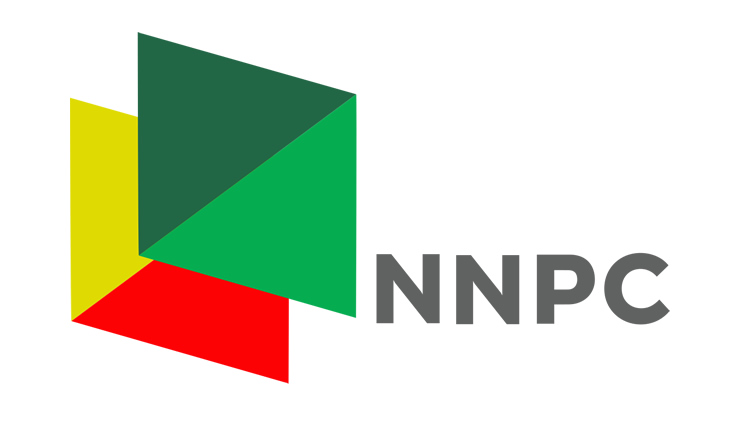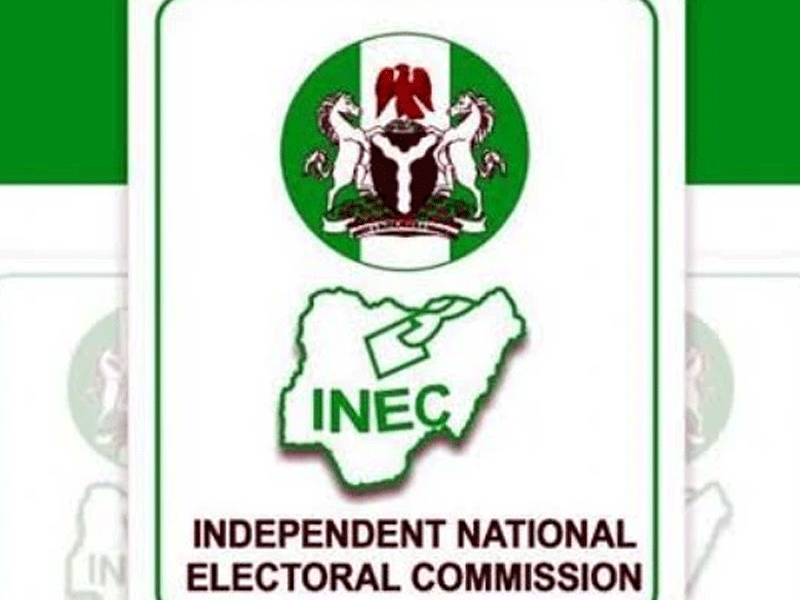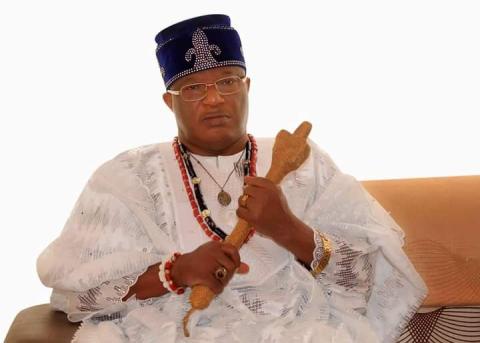
Breaking News: Unilorin Alumi Association: 'We were warned' - Opinion
Breaking News: Breaking: Court Restrains Oyo Assembly from Further Impeachment Process Against Makinde’s Deputy, Olaniyan
Breaking News: Labour leaders physically assault Ogun journalists for covering strike, harass hospital workers
Breaking News: Congratulations Asiwaju – Osinbajo’s spokesperson accepts defeat
Breaking News: Finalissima: Messi steals show, beats European Champion, Italy
- Grows debt by 158.70billion from 2019
- To pay N40.76billion more to debt service
- Spends N180.45bn on operating expenditure
- Spends N66.76bn more on operating, than capital expenditure
- Records deficit of N78.76bn in 2022.
Despite its very poor ranking in the compliance with transparency and integrity index variables amongst states of the federation, Ogun State government has celebrated its increase in percentage of its Internally Generated Revenue, IGR, in 2022.
Ogun State, according to the 2023 'State of the States report' by BudgIT, ranked number one in the Index A1 by growing its Internally Generated Revenue, IGR with 41.66billion in 2022.
The same repot placed Ogun State as the third most indebted state in the federation having grown its debt profile from 173.07 billion in 2019 when the current administration took over, to N331.77 billion as at December, 2022.
Ogun State leads 19 other states of the Federation, with 53.9%, who are able to grow their IGR in the year 2022, compared to the previous year.
According to the report, Ogun State increased its IGR from 78.17 in 2021, to 119.83 in the year 2022, but ranked 3rd behind Lagos and Rivers States in the overall IGR ranking.
Meanwhile, a very poor performance in the compliance with the Transparency and Integrity Index variables by Ogun State has raised more questions than answers on the transparency and accountability of the present administration in the state.
Ogun State, according to a report by the Center for Fiscal Transparency and Integrity Watch, CeFTIW in partnership with MacArthur Foundation, came third from the rear, in the 2023 report.
The very poor performance saw Ogun State occupying the 34th position, amongst the 36 states of the federation, with just 34.39%.
The state only performed better than Bayelsa and Akwa Ibom States who occupied the last two available positions, scoring 32.31% and 29.67% respectively.
The index, according to the Center, assessed transparency and accountability in public fund management and the implementation of public policies across all 36 states.
According to it, six key areas of Accessibility, Open Budget, Public Procurement, Human Resources, Anti-Corruption, and citizen engagement, were considered by the Center.
On the debt profile, Ogun State ranked 3rd with 331.77billion, behind Lagos, N1.37trillion and Kaduna state, 341.48 billion.
The debt which rose from 173.07 billion in 2019 when the last administration winded up, to N331.77billion as at the end of December 2022, included N270.45 billion local debt and $136.26million foreign debt.
The report which placed Ogun State as one of the states with modest sustainable debt sustainability, however revealed that the state would be liable to pay N40.76billion to debt service in 2023, compared to N26.01 billion allocated in 2022.
It stated, “Ogun had a total debt of N331.77bn as of December 31, 2022, the 3rd highest in the federation. However, it has a modest Debt Sustainability ranking of 27th amongst the 36 states.
“The state allocated about N26.01bn to debt service in 2022. Unpacking the components of Ogun States debt, we see that its domestic debt is N270.45bn and has grown by 16.23% from 2021 (232.62bn) while foreign debt is $136.26m which amounts to a weighty N101.8bn (using the current N747.1 to $1 exchange rate).
“Ogun State is now liable N40.76bn more due to the leap in the exchange rate.”
The report also raised concern over the spending pattern of the government, saying the administration spent more in 2022 than it generated, leaving a deficit of N78.76billion.
It also described as worrying, the noticeable increase in the operating expenditure with personnel cost growing at an average of N5b since 2018 fiscal years, and particularly 36.91% more in 2022 than 2021.
“In terms of operating expenditure, (Opex), Ogun spent N180.45bn in 2022, about 36.91% more than in 2021. Placing Capex (capital expenditure) alongside Opex, Ogun spent a massive N66.76bn more on operating expenditure.
“On the other hand, comparing total expenditure to total revenue, Ogun State had a serious deficit of N78.76bn. Meaning it spent a lot more than it earned in 2022.
“While the state is spending considerably in Capex, its noticeable increase in Operating expenditure is worrying, as its personnel cost have been growing at an average if N5bn since the 2018 fiscal year,” it said.
Efforts to get reaction of the government on the ranking and debt profile were unsuccessful, as messages sent to the Chief Press Secretary to the Governor, Lekan Sanni, were not answered for more than two days, despite a reminder.
Meanwhile, the government has celebrated its improved IGR, describing same as a consolidation of governor Dapo Abiodun’s economic strategy and positive performance in revenue generation.
While reacting to the report by the BudgIT, the State government indicated that reducing its dependency on federally allocations has been a major goal of the administration since 2019.
According to the state Commissioner for Finance, Dapo Okubadejo, the Abiodun government has made conscious effort to increase the state’s revenue profile in the last three years by wooing local and foreign investors.
According to him, the improvement was also as a result of enhancing the ease of doing business and facilitating the rapid industrialization of the state to boost job creation and widen the tax net, among other strategies.
Okubadejo said that the state government was committed to providing incentives, empowering its workforce, and creating an enabling working environment for workers, advising them not to rest on their oars.
Newsletter







We are not gonna make spamming
Copyright By @ HorizonTimes - 2026
BACK TO TOP